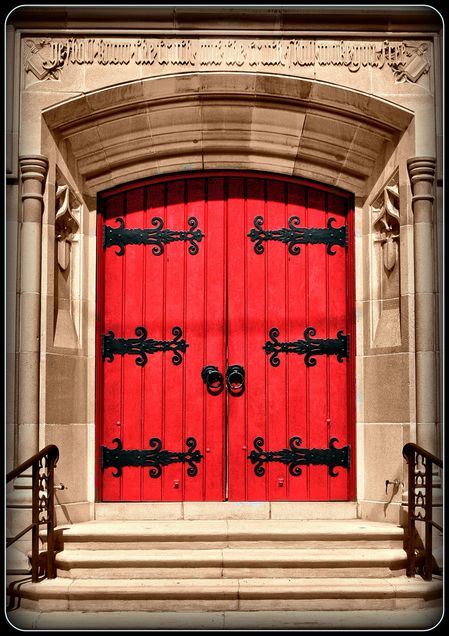2011
The Surefire Method for Writing Compelling Christmas Sermons
After graduation from Boston University School of Theology, and following close on the heels of the mid-May joyful commencement ceremony in Marsh Chapel, some students suddenly find 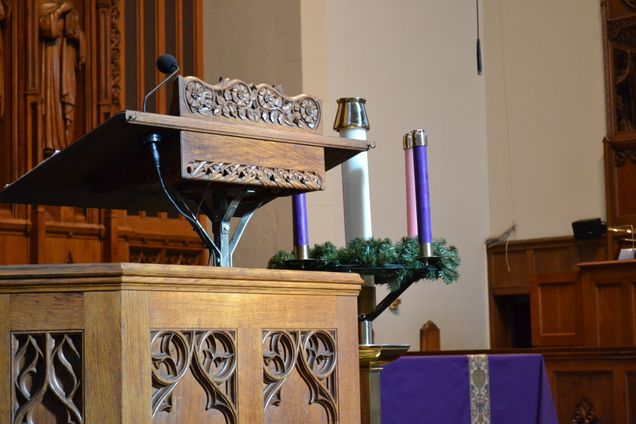 themselves, July 1, in a pulpit on Sunday, in meetings during the week, living in a parsonage, and wondering how to stoke the fires of a stewardship campaign.
themselves, July 1, in a pulpit on Sunday, in meetings during the week, living in a parsonage, and wondering how to stoke the fires of a stewardship campaign.
When Christmas starts to roll around, a set of specific seasonal questions may arise, one of which is about preaching. How do I preach coming to Christmas? What shall I say, or how shall I say what I say, coming to Christmas? How do I get started as I design a sermon in December?
One thought.
What Is the Real Task of Theological Education?
The beneficiaries of the theological education –churches and denominations – seem not to be welcoming of the transformative agents of change we call graduates.
Our attempts to offer and promulgate integrative and contextualized theolog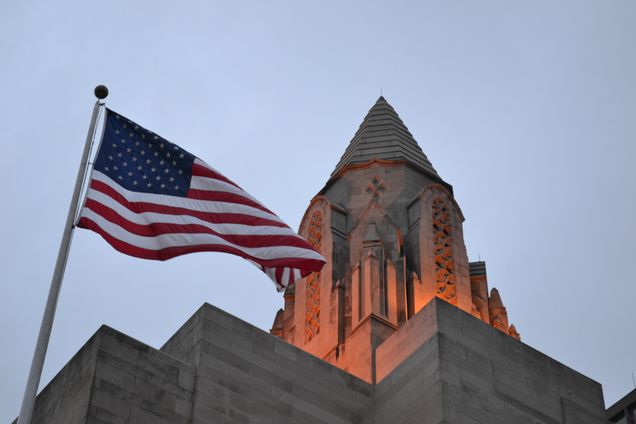 ical education in the name of preparation may be offering an empty promise to would-be grads. Few churches or denominations want to function as seers, agents of or outposts for change. Look at the silence in the face of the “OCCUPY movement”. In fact, organized religion or mainline Christianity, in particular, seems to be under particular distress as debates rage over who/whom is not welcome into community.
ical education in the name of preparation may be offering an empty promise to would-be grads. Few churches or denominations want to function as seers, agents of or outposts for change. Look at the silence in the face of the “OCCUPY movement”. In fact, organized religion or mainline Christianity, in particular, seems to be under particular distress as debates rage over who/whom is not welcome into community.
But isn’t community all of us, diverse as we are?
How to Engage Occupy as a Seminarian
A walk through the Occupy encampment in downtown Dewey Square, or a web search of the ‘Occupy’ movement reveals a myriad of voices speaking out about the current economic and social conditions of our country:
- Concerned citizens calling for greater accountability for financial institutions, corporations and government bureaucracy.
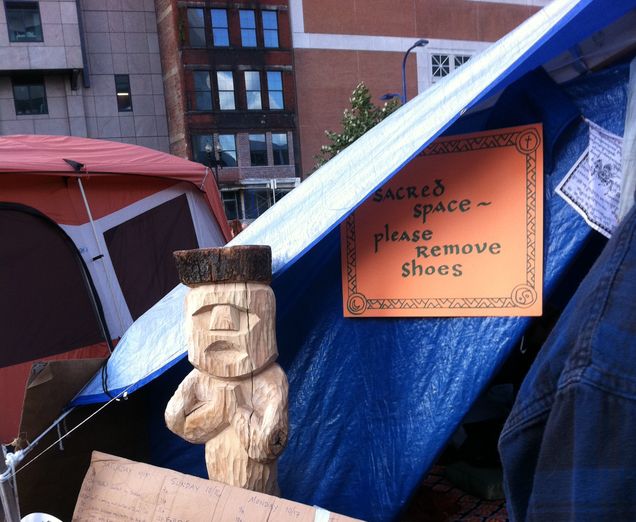
- Labor unions, employed, under-employed, and unemployed citizens calling for jobs and job security in a time of unemployment unprecedented since the Great Depression.
- A student movement calling for forgiveness of private-gain, public-risk student loans which have increased exponentially in recent years.
- Occupy the Hood and Occupy the Barrio, two movements representing the voices of communities of color, calling for a response to the poverty and violence which have plagued their communities for longer and more profoundly than any other community within the Occupy movement.
- Veterans for Peace advocating the end of America’s foreign wars, and memorializing and mourning the deaths of their loved ones.
- Pro-Palestinian activists calling for the end of the Israeli occupation of the Palestinian occupied territories.
- Feminists calling for women’s rights and an end to gendered violence.
The Occupy Wall Street movement is not one homogenous movement. The diversity of voices within the Occupy movement has been formed by the diversity of lived experiences among its participants, and while the inclusion all of these voices in the movement has been a great plus, they can also cause confusion or division within the movement as it grows.
How To Integrate the Pastoral and the Psychological
When I was just beginning my training at the Center for Religion and Psychotherapy, one our professors shared his experience sitting with a new client.
As he listened to the many difficulties the man was experiencing, and feeling overwhelmed, he said “you really need to see a therapist!” 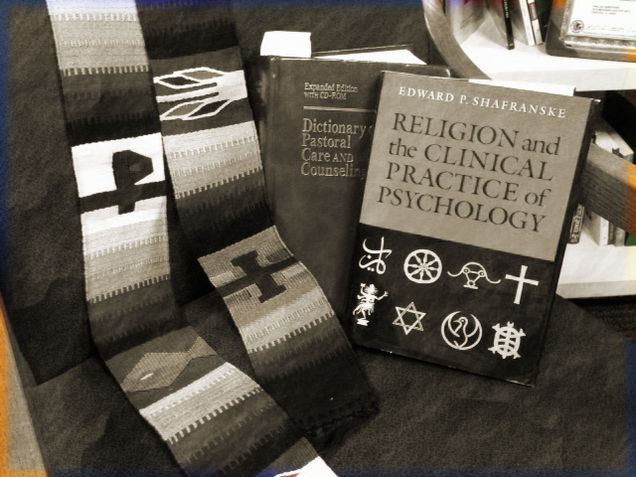
Even though he was a pastoral psychotherapist, was sitting in the therapist’s chair, and would receive payment for the work he was doing, he hadn’t yet developed an identity he could claim as his own. He hadn’t developed an identity that let him be a psychologist and a pastor, which would let him provide the pastoral counseling that would benefit those who came to him.
Students and consultants often ask me how to develop such a professional identity. In this article and the two to follow, I’ll explain the three aspects of becoming what you are trained to practice.
What Can Disney Teach You About Social Justice?
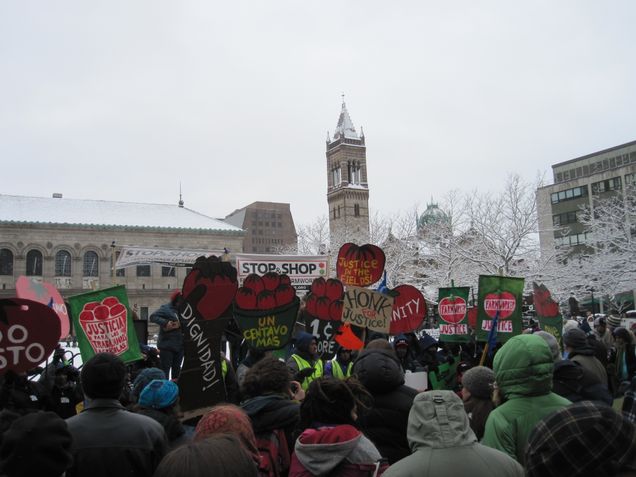
Imagine the world anew. Singing birds. Flourishing forests. Little fuzzy animals to help with your quotidian tasks. A happy song to sing when you venture too far into the deep, dark forest. Faithful friends who march alongside you as you fight dragons and evil queens on the great quest for love.
Bad guys are easily defined and always defeated with surety and minimal destruction. Lovers are always reunited, friendships are restored, and broken communities are made whole. Good always wins.
Disney magic, the pure power of imagination at play, brings about happy endings for each protagonist. But Disney doesn’t live in any of the worlds it imagines.
You might even say that it perpetuates patriarchy, hetero-normative understandings of love, and just about any and every harmful ideology operating within North America.
Is Black Religious Experience More Complicated than You Thought?

STHConnect connects you with fellow learners and educators, be they students, professionals, clergy or scholars, and Office Hours brings you some of the very best the BU School of Theology has to offer.
The first Monday of every month we’ll knock on the door of a new STH faculty member and sit down for an informal chat about the research they think you need to know about.
Then it’s your turn to jump in. You don’t have to be a student to attend these Office Hours. You don’t have to be an alumn. You don’t even have to be on campus. Get involved in the comments section to ask the professor questions or to share your own insight.
The Called and Confused: How to Discern Your Call in Seminary
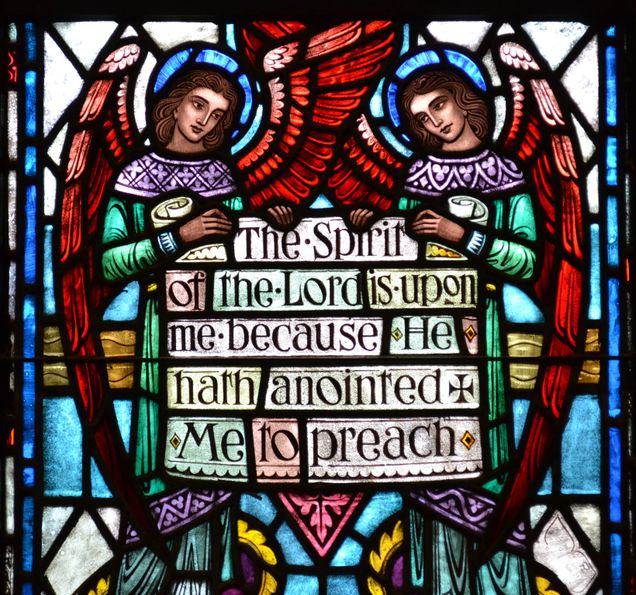
So you feel called to seminary. You’ve talked it over with family, discussed it with your friends, prayed about it, meditated on it, and you’re as sure as you can be that this is the right decision.
But what do you do when you get there? Seminary is where you train for a calling, but sometimes that calling is vague.
Maybe you spent so much energy deciding whether seminary was the right decision, or finding the funding, or moving all of your possessions, or transitioning out of your job, that seminary seemed like a destination in and of itself. But then you arrive and you realize the work of discerning your call has only just begun, and that work can be intimidating, even bewildering.
Can Superhero Films Help You Rethink Liturgy?

Summer heralds the release of superhero films that draw people from the heat of the day into heavily air-conditioned and darkened theatres.
Captain America, Green Lantern, Thor, and the X-Men are on display this summer, part of a regular summer pattern in recent years of special effects driven action spectacles. While the hero of the summer changes each year, the superhero blockbuster returns with a fresh face battling the next evil doer. Whoever the hero, we go to the cinema and let our imaginations run free.
Be intentional about your worship structure and space so the imagination is given every opportunity to flourish and engage with the liturgical life of your community.
The imaginative world of superhero films and the structure of the theatre shape a specific experience. Superhero movies offer a few important features that make them useful illustrations for liturgy. Liturgical experience and the experience of the cinema both invite the participant community to a realm of imagination that refigures the mundane experience outside of the constructed space.
The structure of the cinema and the imaginative world of the superhero film offer tools for new understandings of liturgy in your congregation.




